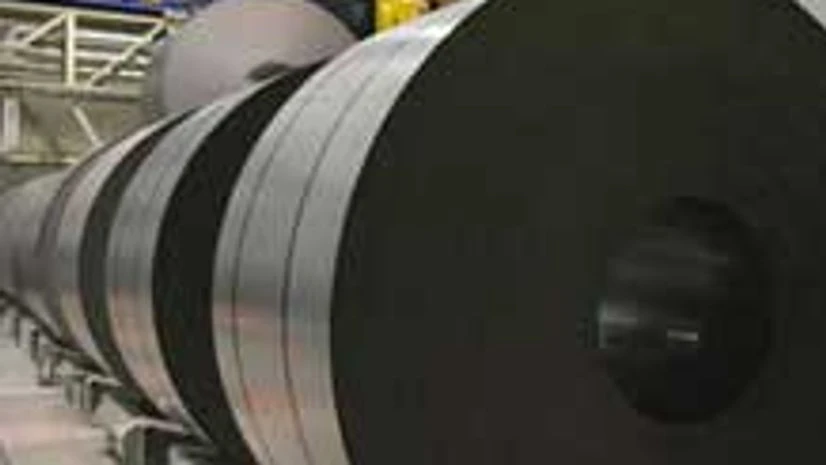Essar Steel, which has a six million tonne per annum (mtpa) iron ore pellet making plant at Paradip in Odisha, said its entire production has been dedicated for exports.
“At the moment we are looking at exports only from Paradip plant because we are operating at less than 50 per cent capacity. Once we reach the full capacity, we will use the pellet for domestic consumption,” said A S Prasad, head of Paradip pellet unit of the steel maker.
The Paradip plant was set up to feed raw material to Essar’s 10 mtpa steel making facility at Hazira, near Surat in Gujarat. The company had earlier set up a 8 mtpa pellet plant at Vizag in Andhra Pradesh with similar objective.
More From This Section
“We are short of laying 3 km pipeline. At the moment we are receiving iron ore by rail from Keonjhar and other mineral bearing areas,” Prasad said.
The pellet plant has been designed to use low grade iron ore fines that will be pumped through pipelines in the form of slurry from Dabuna in north Odisha to Paradip, a distance of 253 km. The company had to halt the pipe laying work in 2011 because of forest clearance issues. Later, the company submitted plans for using alternate route avoiding the forest area for the pipeline, but no progress has been made so far.
At present, the company does not have any captive mines in the country, but has supply agreements with state-run National Mineral Development Corporation (NMDC) and other private iron ore miners.
Since April this year, the company has been exporting 50,000 to 100,000 tonne pellets each month to countries like China, Indonesia and other Southeast Asian nations. Though some European countries are also keen to buy its products, the company finds it convenient to ship the material to China.
“Though we are getting orders from other regions like Europe, Middle East and Japan, we export a major portion of our pellet to China, because it is easier to ship to China due to cheaper freight cost”, Prasad said.

)
